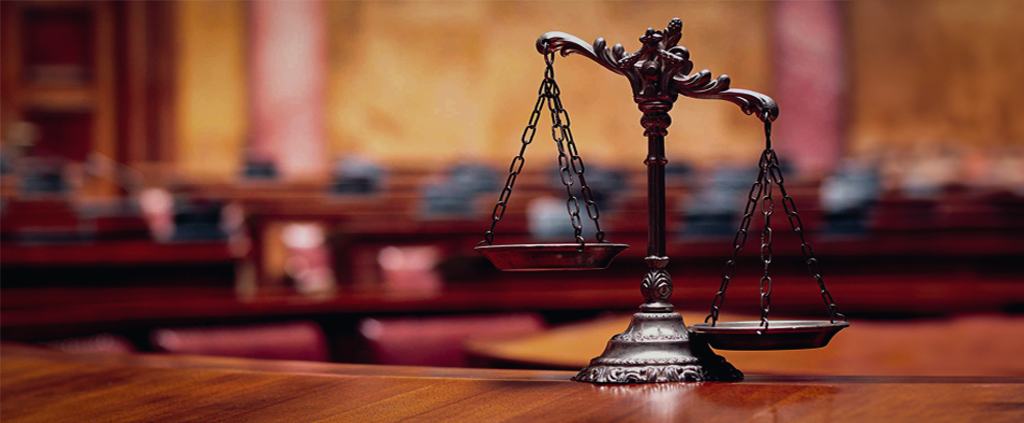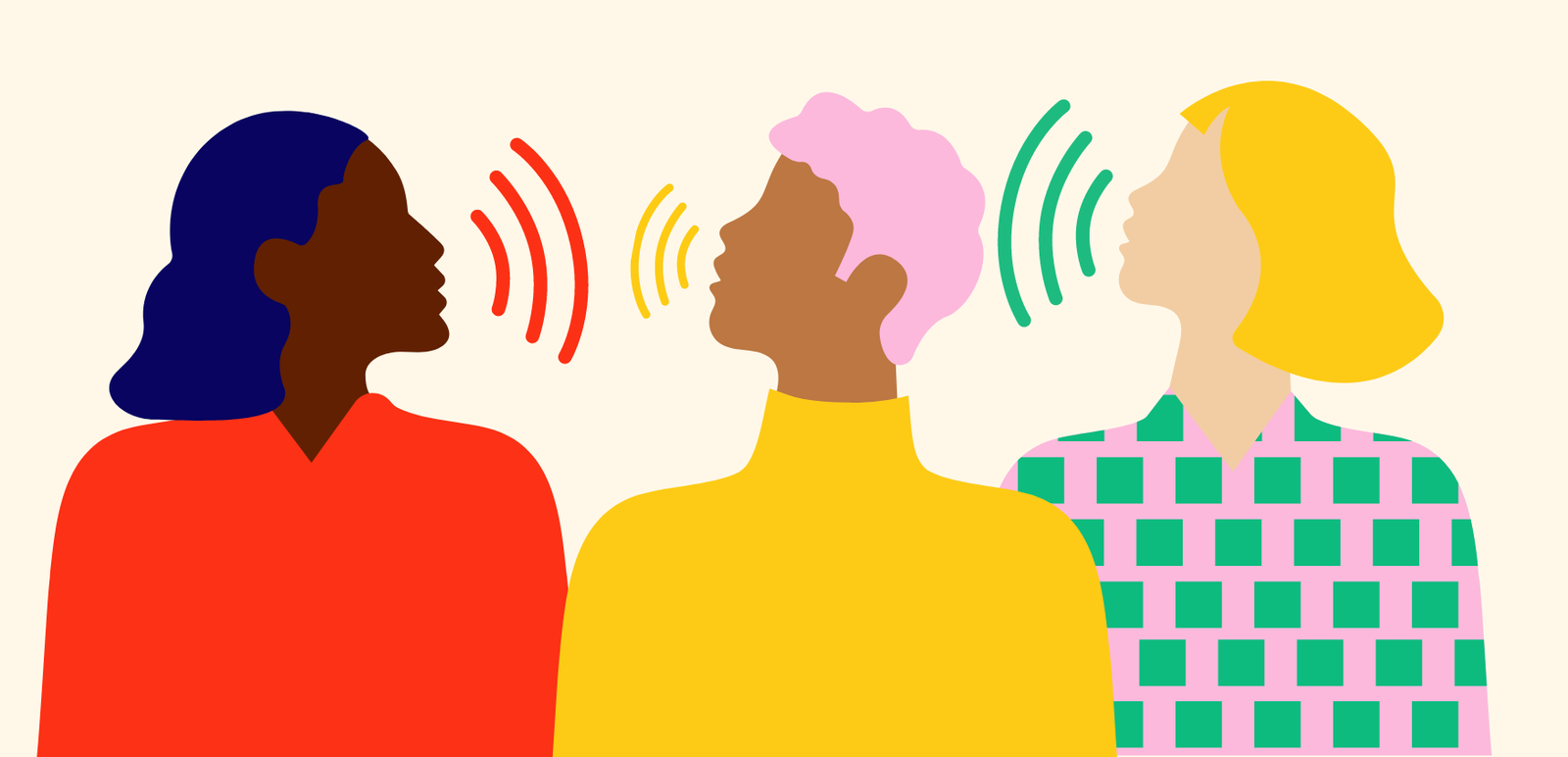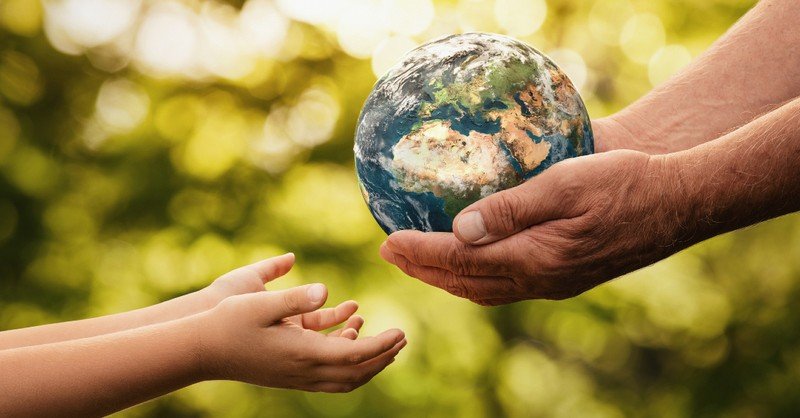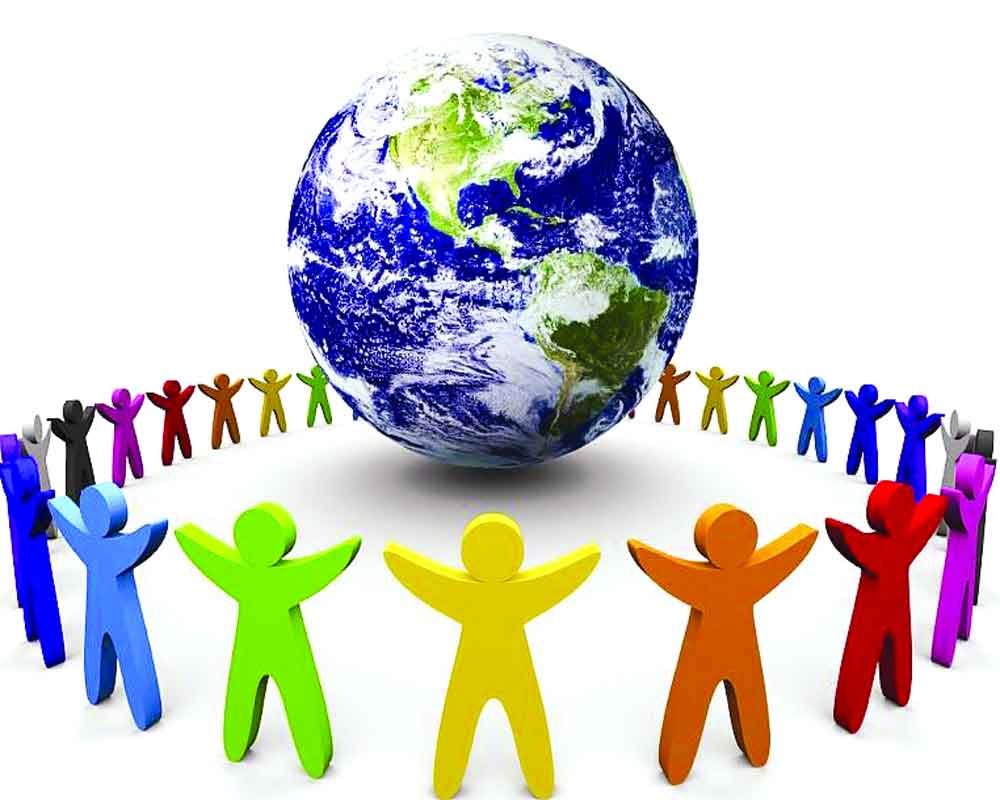Restoring Sacred Law: The Echadi Approach to Justice
In a world where justice systems are often entangled with bureaucracy and foreign interests, the Echadi Nation Republic has returned to something ancient—and profoundly transformative: Justice by the People.
“Justice by the People: A Look into the Echadi High Court and Jural Society” offers a deep exploration into how the Echadi High Court and Jural Society operate as sacred institutions of truth, balance, and ancestral wisdom. Guided by Indigenous law, spiritual principles, and sovereign authority, these bodies ensure that justice in the Echadi Nation is not imposed—but restored.
What Is the Echadi Jural Society?
The Echadi Jural Society is the judicial and legislative arm of the Echadi Nation Republic. Rooted in ancient governance models of Indigenous Tribal Councils and sacred assemblies, it functions under the authority of:
- 📜 Unit 10 of the Echadi Constitution
- ⚖️ Tribal Law and Ecclesiastical Jurisprudence
- 🌎 International Law (Montevideo Convention, 1933)
The Jural Society represents the will of the people, safeguarding lawful order while embodying spiritual and ancestral mandates. It is comprised of appointed ministers, tribal justices, elder adjudicators, and community-elected jurists trained in both traditional and modern jurisprudence.
Inside the Echadi High Court
The Echadi High Court is the supreme legal authority within the Nation. It exercises exclusive jurisdiction over:
- 🛡 Civil and commercial disputes
- 🪶 Tribal and cultural inheritance matters
- 🔐 Data and privacy claims under ENR governance
- 🔎 Disputes related to Tribal Entity Identification Numbers (TEINs)
- 🧾 Vital records verification and arbitration
- 🔔 Covenantal violations and sacred law enforcement
Unlike adversarial courts in external systems, the Echadi High Court is remedial and restorative, seeking truth over punishment and alignment over conflict. It operates through oral testimony, tribal affidavits, covenantal records, and ancestral protocols.
Jurisdiction and Sovereignty
The Echadi High Court and Jural Society function under the private, sovereign legal jurisdiction of the Echadi Nation Republic. This means:
- ✅ No dependency on U.S. federal or state courts
- ✅ Authority over all tribal, ecclesiastical, and sovereign legal matters
- ✅ Recognition of standing under customary and Indigenous law frameworks
- ✅ Exclusive arbitration of all legal disputes involving Echadi Nationals or Tribal Entities
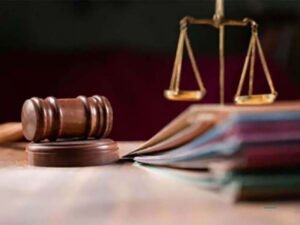
According to the Echadi Terms of Service, all legal matters—including those concerning TEINs, certifications, and platform disputes—are resolved solely by the Echadi Jural Society and enforced by the High Court.
Transparency Through the ENR Tribune
The ENR Tribune serves as the official public record for judicial notices, including:
- 📢 Court announcements and rulings
- 🧾 Birth, marriage, and death notices under judicial seal
- ⚖️ Legal opinions and interpretative rulings
- 🔔 Ministerial appointments and removals
- 📜 Decrees from the Echadi Jural Society
In this way, justice remains transparent, accessible, and publicly archived—preserving not only accountability but sacred truth.
Dispute Resolution in Practice
Disputes within the Echadi Nation are resolved through a tribal-first, remedial process, which may involve:
- Community Mediation
- Formal Petition to the High Court
- Sacred Testimony or Evidence Presentation
- Ruling by Tribunal of Elders or Ministers
- Record Archiving and Public Notice via ENR Tribune
Every step honors ancestral wisdom, natural law, and spiritual harmony, aiming not only to settle issues but to heal imbalance.
Conclusion:
Justice in the Echadi Nation Republic is not outsourced, bureaucratized, or commodified—it is ancestrally held, spiritually guided, and communally enforced. Through the Echadi High Court and Jural Society, the people are not only heard—they are empowered.
We restore sacred order not through coercion, but through covenant, clarity, and community. In every case judged and every truth spoken, the spirit of the ancestors walks with us.
This is what it means to deliver Justice by the People.
Who can bring a case before the Echadi High Court?
Any Echadi National, registered entity, or tribal affiliate may petition the High Court through the authorized channels of the Ministry of Justice or the Jural Society.
Are Echadi court rulings recognized outside the Nation?
Within the sovereign jurisdiction of the Echadi Nation, court rulings are binding. External recognition depends on treaty, private agreement, or third-party consent.
What legal standards does the Echadi Jural Society follow?
The Jural Society upholds a hybrid of tribal law, private international law, ecclesiastical law, and the spiritual mandates of the Echadi Constitution.
Can I appeal a ruling?
Yes. Appeals are handled through a sacred review process conducted by a higher tribunal of the Echadi High Court, typically involving senior ministers and justices.
Is legal counsel available for Nationals?
Nationals may request tribal advocates recognized by the Ministry of Justice or the Jural Society, many of whom are trained in both traditional and contemporary legal practice.
